by Brittany Frederick
The summer of 2013, shortly after my nineteenth birthday, I drove to buy a copy of J.Cole’s Born Sinner. I popped the CD into my car radio and pulled out of the parking lot. Moments later I was cringing at his slurs in the opening verse of “Villuminati.” As a Black queer girl who grew up on Hip-Hop and R&B homophobia in music came as no surprise. Yet the presence of homophobic language on songs shocked me each time. Year after year, album after album, Hip-Hop artists continued to disappoint and exclude Black people like me. And while there are countless articles online that ceaselessly debate whether or not Hip-Hop is homophobic, I’m uninterested in entering that fray - although it is. But what I do know is that for queer people who love Hip-Hop, fitting in with a culture that inherently excludes you is a challenge.
As a teenager I listened to Hip-Hop and searched for alternate meanings. I created my own “bisexual anthems” out of songs that could be rapped by queer and straight people alike. Thus, it makes sense that Rae Sreummurd’s “No Type,” on which Swae Lee raps “I ain’t got no type, bad bitches is the only thing that I like,” became an anthem for a queer girl like me. The same could be said of Lil Mama’s “Lip Gloss.” In the music video Lil Mama sports sparkly glitter pink lip-gloss and construction boots while she offers to help other girls with their lip-gloss by rapping: “I upgrade ya, show you how to use nice things with nice flavaz.” Offering to help other women with flavors and lip products? Must be gay. And while I am almost certain these artists weren’t explicitly creating pro-queer liberation music, as a queer Black kid attempting to fit into spaces that were inherently exclusionary, finding music that spoke to my identity was and remains important.
That’s not to say the Hip-Hop landscape has not changed over the past few years. The presence of Black queer rappers like Janelle Monae, Azealia Banks and Young M.A highlights an increase in representation, but representation doesn’t bring with it a radical queer politic. More often than I wish were true, queer rappers reproduce the same problematic tropes and assumptions that have long existed in mainstream rap, such as portraying Black women as Jezebels or suggesting that giving oral sex regardless of gender, is inherently an emasculating act. I’m more interested in the message than in representation by itself. For these reasons, newer, independent artists have been fueling my playlists, regardless of sexuality, whose lyrics challenge the status quo. Since I’m Boston born-and-raised, Oompa’s “I Deserve That” is a track for all the Black girls. In it, Oompa raps, “This is for the Black girls, and the brown ones, this is for the never-let-the-guys girls, and the ratchets.” Then, she proceeds to explain the diversity of ways to be a Black woman, (trans, pan, fat, corporate). Rather than chastising women who enjoy sex or calling women prudish for keeping their sexual activity private, Oompa celebrates women doing and being whatever makes them happy.
The importance of truly liberatory rap that still slaps cannot be understated. Black Americans have always tied music to their journey to freedom. From work songs during the antebellum era, to blues, to rap in the Bronx, our people’s struggle has inspired beautiful art that served as a constant reminder that our spirits could not be broken down. This LGBTQ+ history month I hope we can amplify rap that uplifts our community and quiet rap that doesn’t. Because that is truly inclusive.

